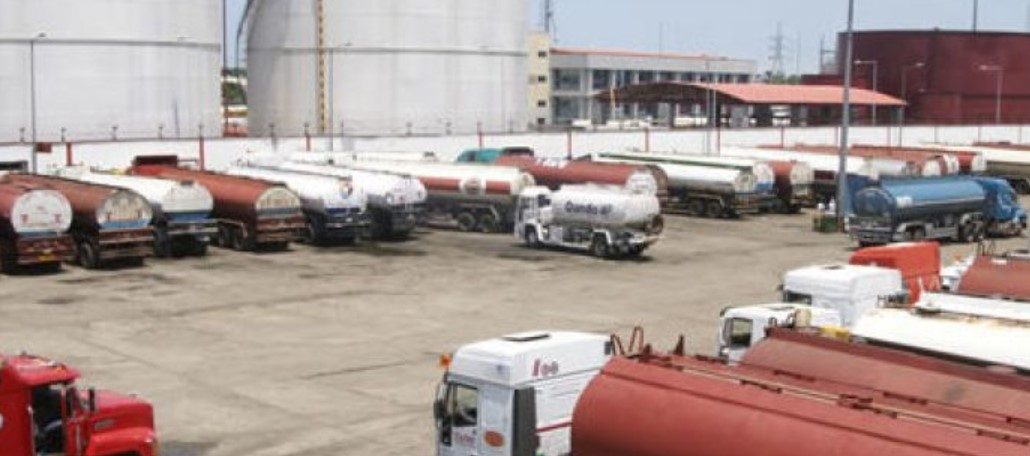In this article we discussed Petrol landing cost which hits N1,000/litre on FX crisis and the analysis from various public sectors.
As Nigeria’s foreign exchange crisis worsened, Landing cost of petrol is now estimated at N1,000 per litre as a result of worsening foreign exchange. This occurred after the naira crossed over N1,500 to the dollar on Monday in both the official and unofficial market. At the black-market rate of N1,500 per dollar, findings showed the landing cost of petrol, which includes the product’s international price, shipping, insurance, and other charges, increased to N1,009/litre from N720/litre in October 2023.
Read: NO HIKE IN PETROL PRICE SAYS NNPC
The rising landing cost of petrol is a result of the rising FX crisis. There are interventions in the market through subsidies as most Nigerians cannot afford the market price for petrol,” a senior executive in the downstream sector said. According to data from the FMDQ, the naira lost 4.19% of its value after trading on Monday, February 12. One dollar was quoted at N1,534.39, compared to N1,469.97 on Friday at the Nigerian Autonomous Foreign Exchange Market. The black market, or parallel market, saw a 1.33% depreciation of the naira as well. On Monday, the dollar’s value was N1,505, down from N1,485 on Friday.
Analysts believe the government is still quietly subsidizing petrol to ease the hardship already faced. A senior executive in the downstream sector said: “The rising petrol landing cost results from the rising FX crisis. There are interventions in the market through subsidies as most Nigerians cannot afford the market price for petrol.”
Read: Midstream and Downstream Petroleum Environmental Regulations 2023
According to Aisha Mohammed, an energy analyst at the Centre for Development Studies in Lagos, the government partially subsidizes the commodity for social, political, and economic reasons. She said: “All of us who were saying that they should remove the subsidy, we can see that they have partially removed it now, but look at the consequences. Economically, it will sound good, but socially and politically, it is very costly.”
Research shows that the N1,009 landing fee does not include other distribution costs, vessel charges, Nigerian Maritime Administration and Safety Agency charges, or charges from the Nigerian Ports Authority, as some are charged in dollars. Some of these are charged in dollars, and some experts are calling for a review to reduce petrol costs. “We must resist the dollarization of the Nigerian economy; there are some fee collections in dollars that are also pushing up the petrol landing cost,” the source said.

